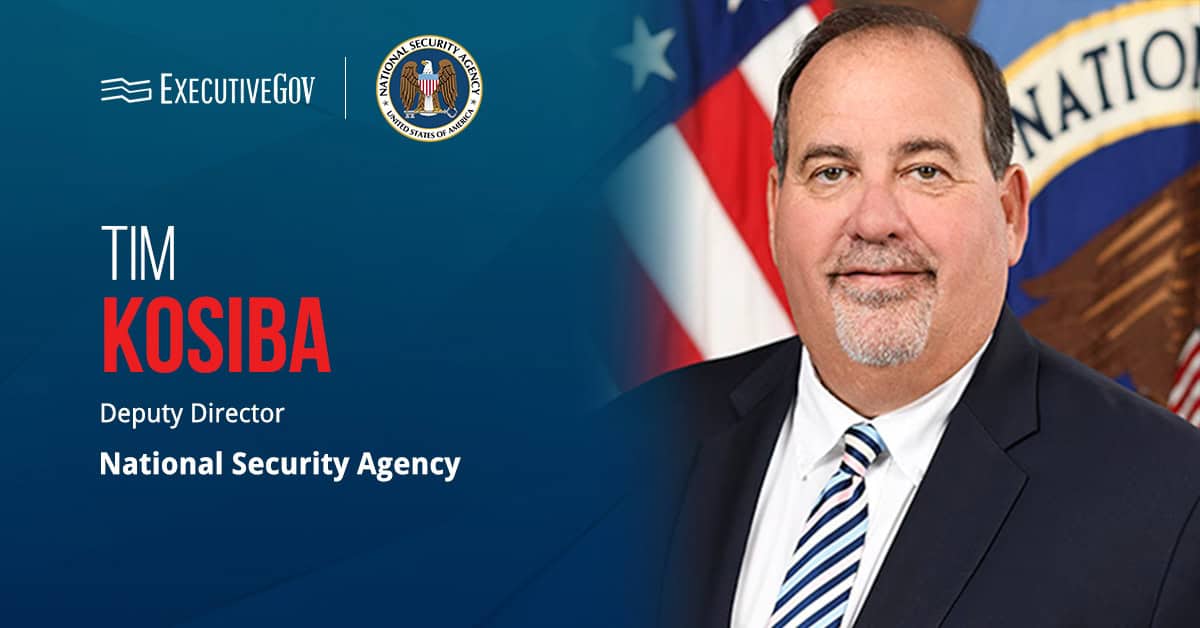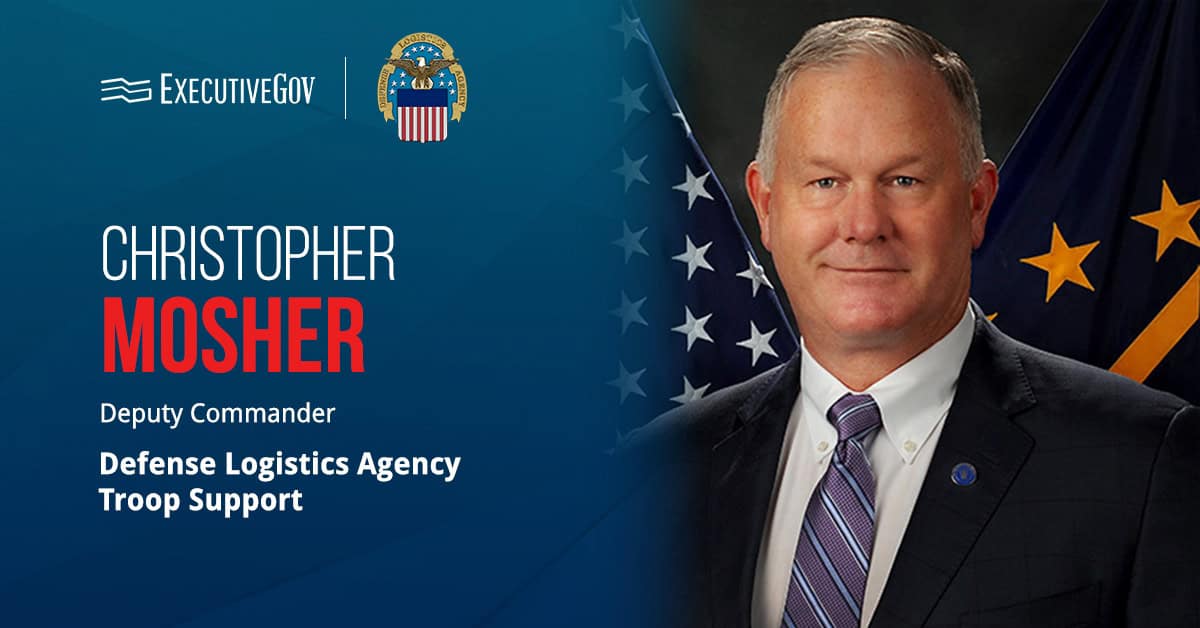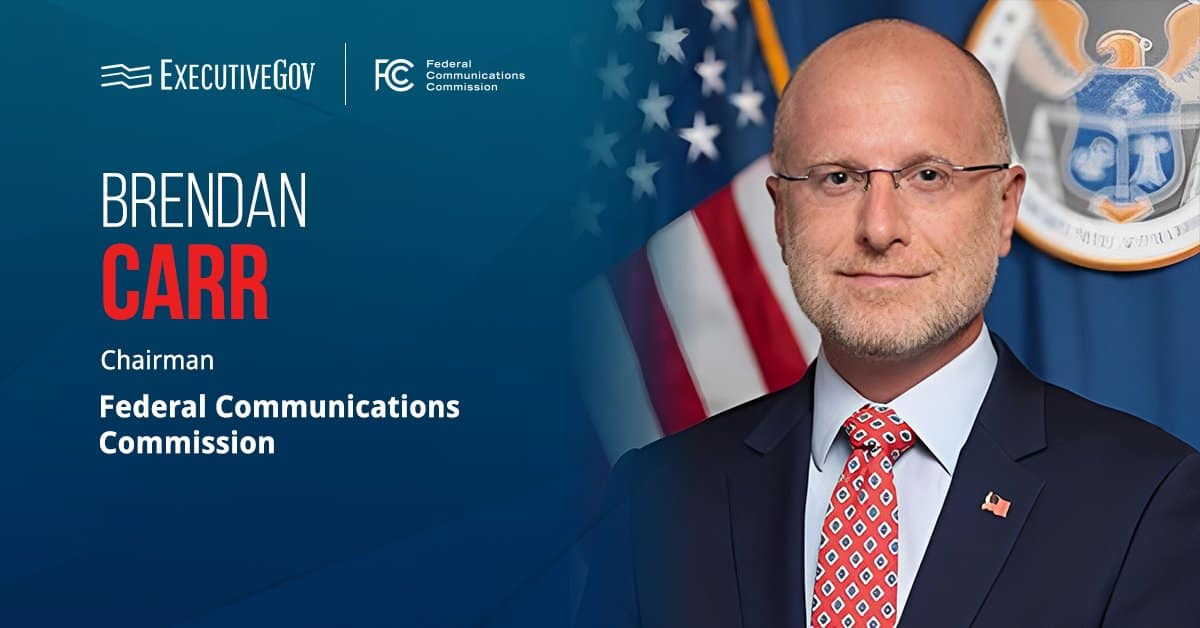
The Department of Homeland Security’s science and technology directorate has teamed up with the Customs and Border Protection for a project that seeks to build screening technologies for opioids.
The team is studying the probability of incorporating modified explosive detectors and advanced CT scanners to optimize current interdiction approaches in mail facilities as part of the Synthetic Opioid Detection at Speed initiative, the agency said Tuesday.
Additionally, DHS S&T intends to collaborate with the U.S. Coast Guard to build a platform that can validate trace quantities of opioids.
“We are currently focusing on the mail, but opioids are clearly entering the U.S. by land, air and sea,†said Rosanna Robertson, a program manager at DHS S&T.
Robertson is slated to lead a team that will develop an algorithm for a 3D container screening tool. The team will also assess the tool’s capacity to identify narcotics in complex cargoes.





